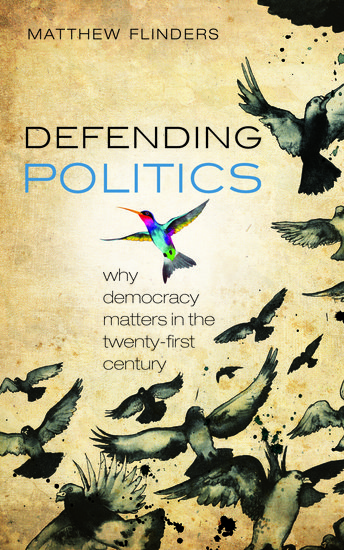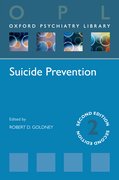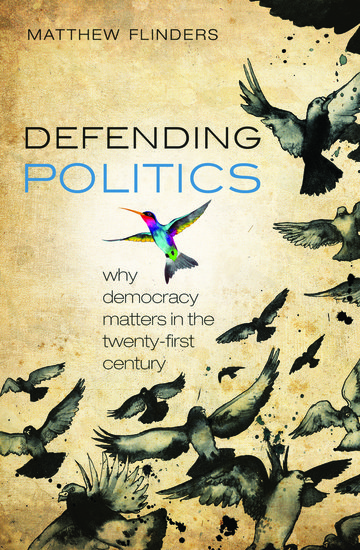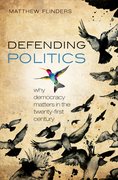Down and out in Bloemfontein
By Matthew Flinders
My New Year message is simple: we can change the world in 2014 but only if we recognise that we have an economy based upon exclusion and inequality. Some people are ‘down and out’ in Bloemfontein or Rio de Janeiro, or even London, because they were born into a system that entrenched certain inequalities that would shape their life chances. They are not animals in a zoo to be gawped at or mimicked.






